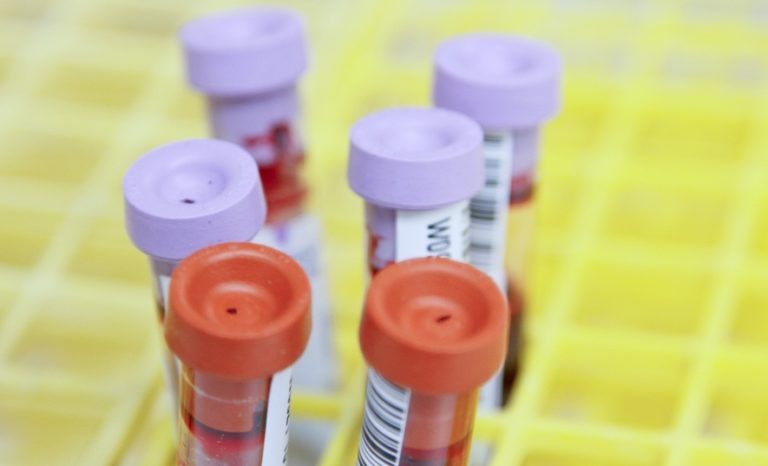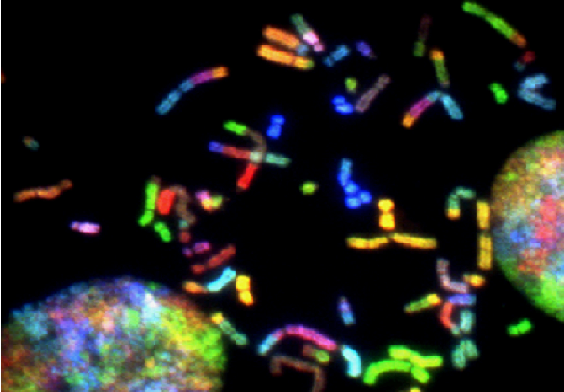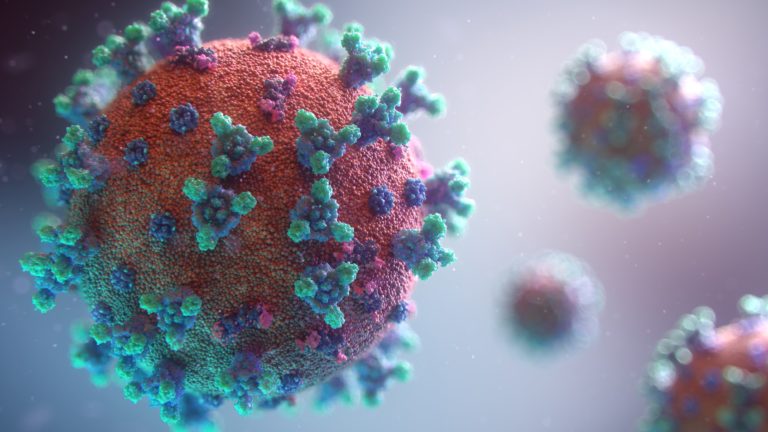July 23, 2021: “Pfizer and BioNTech announced that the U.S. government has purchased an additional 200 million doses of the Pfizer-BioNTech COVID-19 Vaccine.
These doses are expected to be delivered from October 2021 through April 2022.
This brings the total number of doses to be supplied by the companies to the U.S. government under its existing supply agreement to 500 million.
In a separate announcement on June 10, 2021, Pfizer and BioNTech shared plans to provide the U.S. government with 500 million doses of the companies’ COVID-19 vaccine for donation to the world’s poorest nations.
“As a long-term partner to the U.S. government in the fight against this pandemic, we are proud of the impact of vaccination efforts across the country.
Vaccines have been and will remain critical to protecting lives against this devastating disease,” said Albert Bourla, Chairman and Chief Executive Officer, Pfizer.
“These additional doses will help the U.S. government ensure broad vaccine access into next year.”
“It has been our consistent goal to supply as many doses of our COVID-19 vaccine as possible to people around the world to help bring an end to this pandemic,” said Ugur Sahin, M.D., CEO and Co-founder of BioNTech.
“We are honored to support the U.S. and more than 100 countries in their continuing vaccination programs.”
The companies expect to deliver 110 million of the additional doses by December 31, 2021, with the remaining 90 million doses to be delivered no later than April 30, 2022.
The U.S. government also has the option to acquire an updated version of the vaccine to address potential variants as well as new formulations of the vaccine, if available and authorized.
Eligible U.S. residents will continue to receive the vaccine for free, consistent with the U.S. government’s commitment for free access to COVID-19 vaccines.
The Pfizer-BioNTech COVID-19 Vaccine, which is based on BioNTech proprietary mRNA technology, was developed by both BioNTech and Pfizer. BioNTech is the Marketing Authorization Holder in the European Union, and the holder of emergency use authorizations or equivalent in the United States (jointly with Pfizer), Canada and other countries in advance of a planned application for full marketing authorizations in these countries.
The Pfizer-BioNTech COVID-19 Vaccine has not been approved or licensed by the U.S. FDA, but has been authorized for emergency use by FDA under an EUA to prevent Coronavirus Disease 2019 (COVID-19) caused by severe acute respiratory syndrome coronavirus 2 (SARS-CoV-2) for use in individuals 12 years of age and older.
The emergency use of this product is only authorized for the duration of the declaration that circumstances exist justifying the authorization of emergency use of the medical product under Section 564 (b) (1) of the FD&C Act unless the declaration is terminated or authorization revoked sooner.
Please see Emergency Use Authorization (EUA) Fact Sheet for Healthcare Providers Administering Vaccine (Vaccination Providers) and Full EUA Prescribing Information available at www.cvdvaccine-us.com.
AUTHORIZED USE IN THE U.S.:
The Pfizer-BioNTech COVID-19 Vaccine is authorized for use under an Emergency Use Authorization (EUA) for active immunization to prevent coronavirus disease 2019 (COVID-19) caused by severe acute respiratory syndrome coronavirus 2 (SARS-CoV-2) in individuals 12 years of age and older.
IMPORTANT SAFETY INFORMATION FROM U.S. FDA EMERGENCY USE AUTHORIZATION PRESCRIBING INFORMATION:
- Do not administer Pfizer-BioNTech COVID-19 Vaccine to individuals with known history of a severe allergic reaction (e.g., anaphylaxis) to any component of the Pfizer-BioNTech COVID-19 Vaccine
- Appropriate medical treatment used to manage immediate allergic reactions must be immediately available in the event an acute anaphylactic reaction occurs following administration of Pfizer-BioNTech COVID-19 Vaccine
Monitor Pfizer-BioNTech COVID-19 Vaccine recipients for the occurrence of immediate adverse reactions according to the Centers for Disease Control and Prevention guidelines (https://www.cdc.gov/vaccines/covid-19/clinical-considerations/managing-anaphylaxis.html) - Reports of adverse events following use of the Pfizer-BioNTech COVID-19 Vaccine under EUA suggest increased risks of myocarditis and pericarditis, particularly following the second dose.
The decision to administer the Pfizer-BioNTech COVID-19 Vaccine to an individual with a history of myocarditis or pericarditis should take into account the individual’s clinical circumstances - Syncope (fainting) may occur in association with administration of injectable vaccines, in particular in adolescents. Procedures should be in place to avoid injury from fainting
- Immunocompromised persons, including individuals receiving immunosuppressant therapy, may have a diminished immune response to the Pfizer-BioNTech COVID-19 Vaccine
- The Pfizer-BioNTech COVID-19 Vaccine may not protect all vaccine recipients
- In clinical studies, adverse reactions in participants 16 years of age and older included pain at the injection site (84.1%), fatigue (62.9%), headache (55.1%), muscle pain (38.3%), chills (31.9%), joint pain (23.6%), fever (14.2%), injection site swelling (10.5%), injection site redness (9.5%), nausea (1.1%), malaise (0.5%), and lymphadenopathy (0.3%)
- In a clinical study, adverse reactions in adolescents 12 through 15 years of age included pain at the injection site (90.5%), fatigue (77.5%), headache (75.5%), chills (49.2%), muscle pain (42.2%), fever (24.3%), joint pain (20.2%), injection site swelling (9.2%), injection site redness (8.6%), lymphadenopathy (0.8%), and nausea (0.4%)
- Following administration of the Pfizer-BioNTech COVID-19 Vaccine, the following have been reported outside of clinical trials:
- severe allergic reactions, including anaphylaxis, and other hypersensitivity reactions, diarrhea, vomiting, and pain in extremity (arm)
- myocarditis and pericarditis
Additional adverse reactions, some of which may be serious, may become apparent with more widespread use of the Pfizer-BioNTech COVID-19 Vaccine
- Available data on Pfizer-BioNTech COVID-19 Vaccine administered to pregnant women are insufficient to inform vaccine-associated risks in pregnancy
- Data are not available to assess the effects of Pfizer-BioNTech COVID-19 Vaccine on the breastfed infant or on milk production/excretion
- There are no data available on the interchangeability of the Pfizer-BioNTech COVID-19 Vaccine with other COVID-19 vaccines to complete the vaccination series.
Individuals who have received one dose of Pfizer-BioNTech COVID-19 Vaccine should receive a second dose of Pfizer-BioNTech COVID-19 Vaccine to complete the vaccination series - Vaccination providers must report Adverse Events in accordance with the Fact Sheet to VAERS online at https://vaers.hhs.gov/reportevent.html.
For further assistance with reporting to VAERS call 1-800-822-7967. The reports should include the words “Pfizer-BioNTech COVID-19 Vaccine EUA” in the description section of the report - Vaccination providers should review the Fact Sheet for Information to Provide to Vaccine Recipients/Caregivers and Mandatory Requirements for Pfizer-BioNTech COVID-19 Vaccine Administration Under Emergency Use Authorization
- Before administration of Pfizer-BioNTech COVID-19 Vaccine, please see Emergency Use Authorization (EUA) Fact Sheet for Healthcare Providers Administering Vaccine (Vaccination Providers) including Full EUA Prescribing Information available at www.cvdvaccine-us.com”
https://www.pfizer.com/news/press-release/press-release-detail/pfizer-and-biontech-provide-us-government-additional-200











